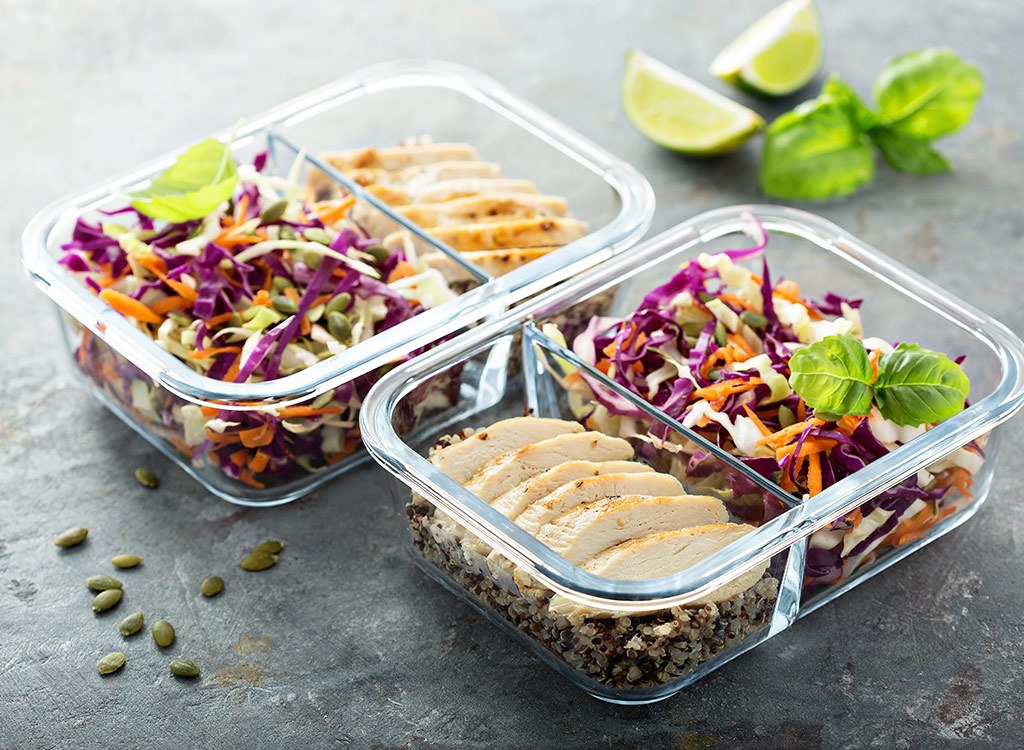
These are busy times – both at home and at work – and it can be difficult sometimes to fit everything in. It’s even more of a problem if you have a family to deal with, as they can be very demanding! Even if you are cooking only for yourself, there is a great benefit to planning your meals in advance. What do we mean by this?
Prepping in advance of a meal is something that, once you have got into the routine, you will find becomes part of your weekly life, and makes things a lot easier. Now, we’re not talking about planning every single meal here, but cutting out the last minute rush that can mean you end up eating an unhealthy meal when you could have enjoyed something more nutritious.
Here are some tips on how to plan ahead that we think will help you.
Planning Time – set aside some time for planning your week ahead, perhaps on the weekend. Make a note of the ingredients you have in stock – the likes of frozen fruit and veg, frozen meat, and other long-life consumables can be used for a variety of meals – and what you need to buy, and then this way you can shop for everything you need in one go. You don’t need to plan all your meals now – just put down some ideas given the ingredients to hand.
Keep it Simple – don’t try and plan all of your daily meals for the week ahead, as this will complicate matters. Start, for example, by planning your lunches, and then put a few together, wrap them up and put them in the fridge. Once you get this down to routine, you can start adding breakfast, and then dinner, and so on. Furthermore, if you have meals where one set of ingredients can be cooked and stored before the rest, make those in advance, and cook the additional bits later.
Make it Nutritious – part of the benefit of putting meals together in advance lies in the time saving, but there is also the nutrition element. You can plan nutritious meals by consulting any of the many resources you can find on line, and we have found some excellent weight loss and dietary advice at Medifast who are an established online resource, so you can plan easily using expert advice.
Cook More – when you are cooking a meal for storage, why not cook more than one portion and freeze the extra? This way, you save both time and money and have ready meals for future use. Plastic freezer containers are perfect for this usage, and are cheap and readily available. The major benefit of this is that you can concentrate on your favourite meals, and enjoy them as and when you want, without having to cook them again.
Be Versatile – when you do go shopping, buy ingredients that can be used for more than one meal. For example, beans, rice and frozen vegetables – and fruit – have a variety of uses across many different types of meal. Chicken portions are excellent for many meals, are healthy and can be frozen, and don’t forget oatmeal, which is a very useful ingredient in a variety of ways.
That’s just a few of the ideas we wanted to put forward for planning your weekly meals, and we are sure there are many more. The trick is to get into the routine of buying what you need in plentiful quantities, and setting aside the time for planning what you need to cook. Once you get the hang of it, you’ll be amazed at the time saved on your weekly cooking needs, and the health benefits of planning ahead.
